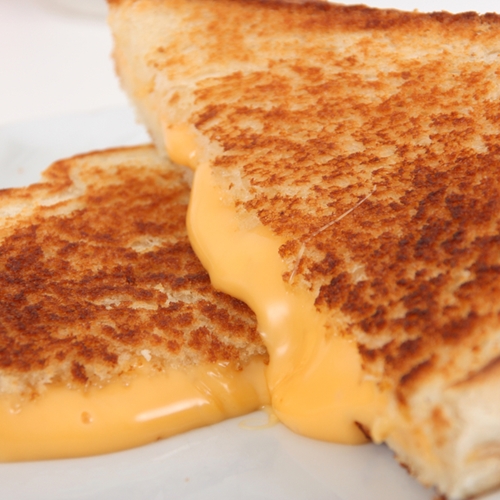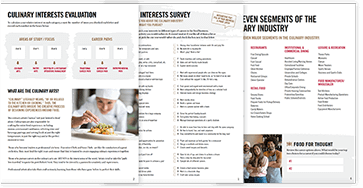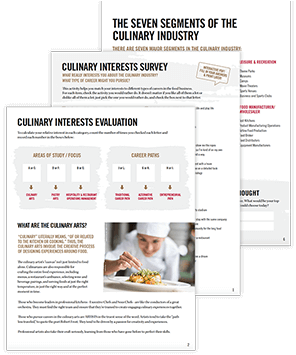
Secret aliases
American cheese is a tricky product. It goes by many names including processed cheese product, cheese food, and pasteurized process cheese. The pseudonyms are the result of an FDA regulation that prohibits the food from being labeled as cheese. Why you might ask? Well, it turns out that pasteurized cheese product is in fact more “product” than “cheese.”
Production differences
Legal cheese is made from heating milk, culturing it with enzymes and bacteria, separating out the curds and the whey and then salting and forming the curds into wheel or block. The “cheese product” version, however, takes cheese that has already been made and mixes it with emulsifiers, preservatives, more salt and more fat to create something that is cheese-like, though many steps removed from what you will find in your local artisanal cheese shop. As such, processed cheese has been the target of many food-related witch hunts over the past years, as consumer advocates attempt to find a culprit for the expanding American waistline.
Why bother?
Though it is heavily processed, American cheese has some value above its natural counterparts. Chief among them are the superb melting qualities that it exhibits. No other natural product is capable of producing the same kind of even, gooey grilled cheese sandwich as that of a nice slice of American. However, it was the ingenuity and marketing prowess of Norman Kraft that had the most significant impact on the popularity of processed cheese. His company was the first to bring the product into vogue in American households with his introduction of the processed cheese loaf in the 1920s. Shortly thereafter, Kraft introduced the Single, an individually-wrapped single-serving processed cheese slice. The results were almost instantaneous with Kraft Singles coming to dominate the American cheese market throughout the 1940s.
So while it may not technically be a true cheese, processed cheese food isn’t a complete phony. The combination of cheese and additives has resulted in a cheese product that is supremely tasty and convenient. As a result, for better or worse, pasteurized cheese food has left an undeniable mark on the history of American food culture.
The Essential Culinary Career Survey The Essential Culinary Career Survey What's your ideal culinary career: Fine dining? Your own restaurant? Pastry? Get our self-evaluation survey to find out! We’ve compiled a checklist of all of the essential questions into one handy guide: career options, culinary interest surveys, educational opportunities, and more.





